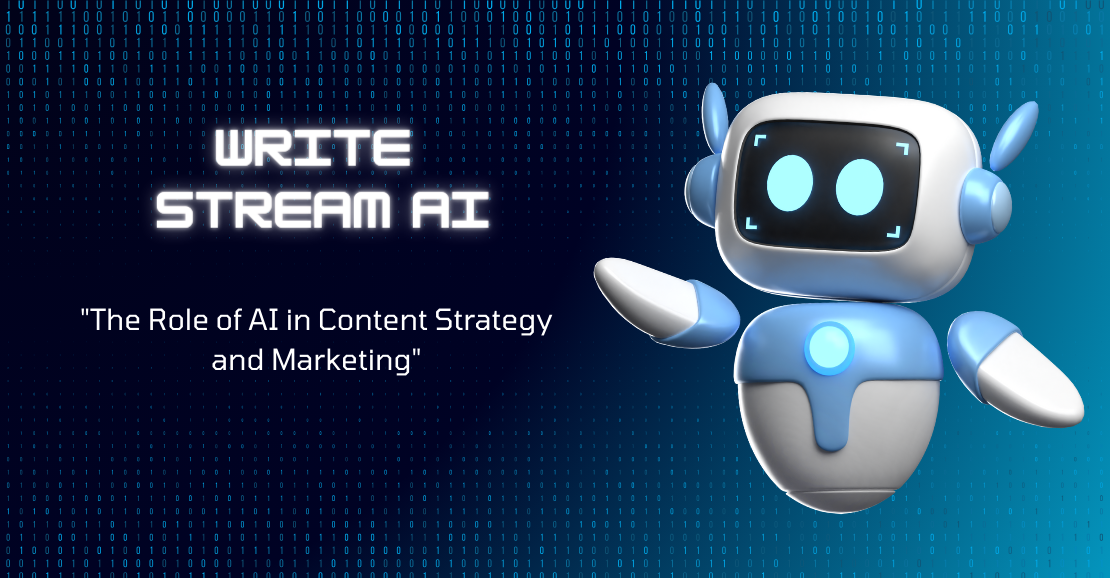The ever-evolving world of technology has brought forth numerous advancements in various industries, and the field of content strategy and marketing is no exception. One of the most significant developments in recent years is the use of Artificial Intelligence (AI) in content strategy and marketing. With the growth of AI, businesses and marketers now have access to tools and techniques that can significantly enhance their content creation, distribution, and analysis efforts. In this article, we will explore the role of AI in content strategy and marketing and its impact on the industry.
Artificial Intelligence refers to the simulation of human intelligence processes by machines, especially computer systems. It involves the use of algorithms and data to analyze and learn from patterns, enabling machines to make decisions and perform tasks without human intervention. In the world of content strategy and marketing, AI has revolutionized the way businesses create, distribute, and analyze their content.
One of the most significant contributions of AI in content strategy and marketing is its ability to automate certain tasks. With AI-powered tools, businesses can now automate content creation, distribution, and even customer interactions. This automation not only saves time and effort but also allows for a more streamlined and efficient process. For instance, AI-powered tools such as Grammarly can help writers enhance their content by suggesting improvements in grammar, spelling, and sentence structure. This results in better quality and error-free content in a shorter amount of time.
Moreover, AI also plays a crucial role in personalization, a key aspect of content strategy and marketing. By analyzing data and user behavior, AI can tailor content and recommendations to suit the specific needs and interests of each individual. This level of personalization not only improves the user experience but also increases the chances of conversion. For instance, Netflix uses AI to recommend personalized content to its users based on their viewing history and preferences. This has significantly contributed to the platform's success and its ability to retain customers.
Apart from content creation and personalization, AI also plays a vital role in content distribution. With the vast amount of content available online, it can be challenging for businesses to reach their target audience. AI-powered tools help overcome this challenge by analyzing consumer data and behavior to determine the most effective channels for content distribution. This not only saves time and effort but also ensures that content reaches the right audience at the right time.
Furthermore, AI also enables businesses to analyze and measure the performance of their content and marketing efforts. Through data analysis, AI-powered tools can provide valuable insights into customer behavior, engagement, and conversion rates. This data can then be used to make informed decisions and improve future content and marketing strategies. AI can also identify trends and patterns in consumer behavior, allowing businesses to adapt and stay ahead of their competition.
In conclusion, the role of AI in content strategy and marketing is significant and cannot be ignored. It has brought automation, personalization, and efficiency to the content creation and marketing process, leading to better results and improved customer engagement. As technology continues to advance, it is safe to say that the use of AI in content strategy and marketing will only continue to grow. It is essential for businesses to embrace this technology and integrate it into their strategies to stay relevant and competitive in today's digital landscape.























Write your comment
Cancel Reply